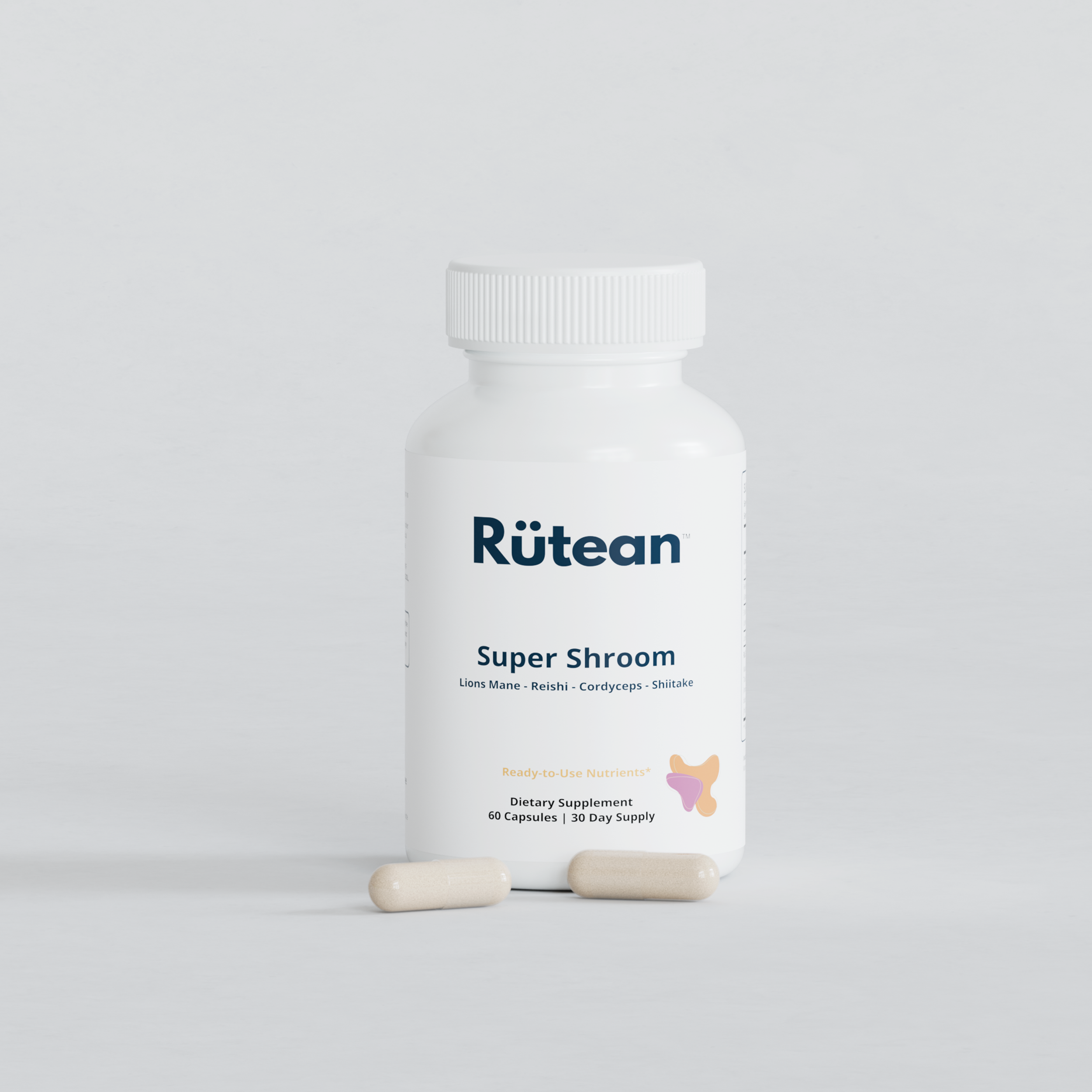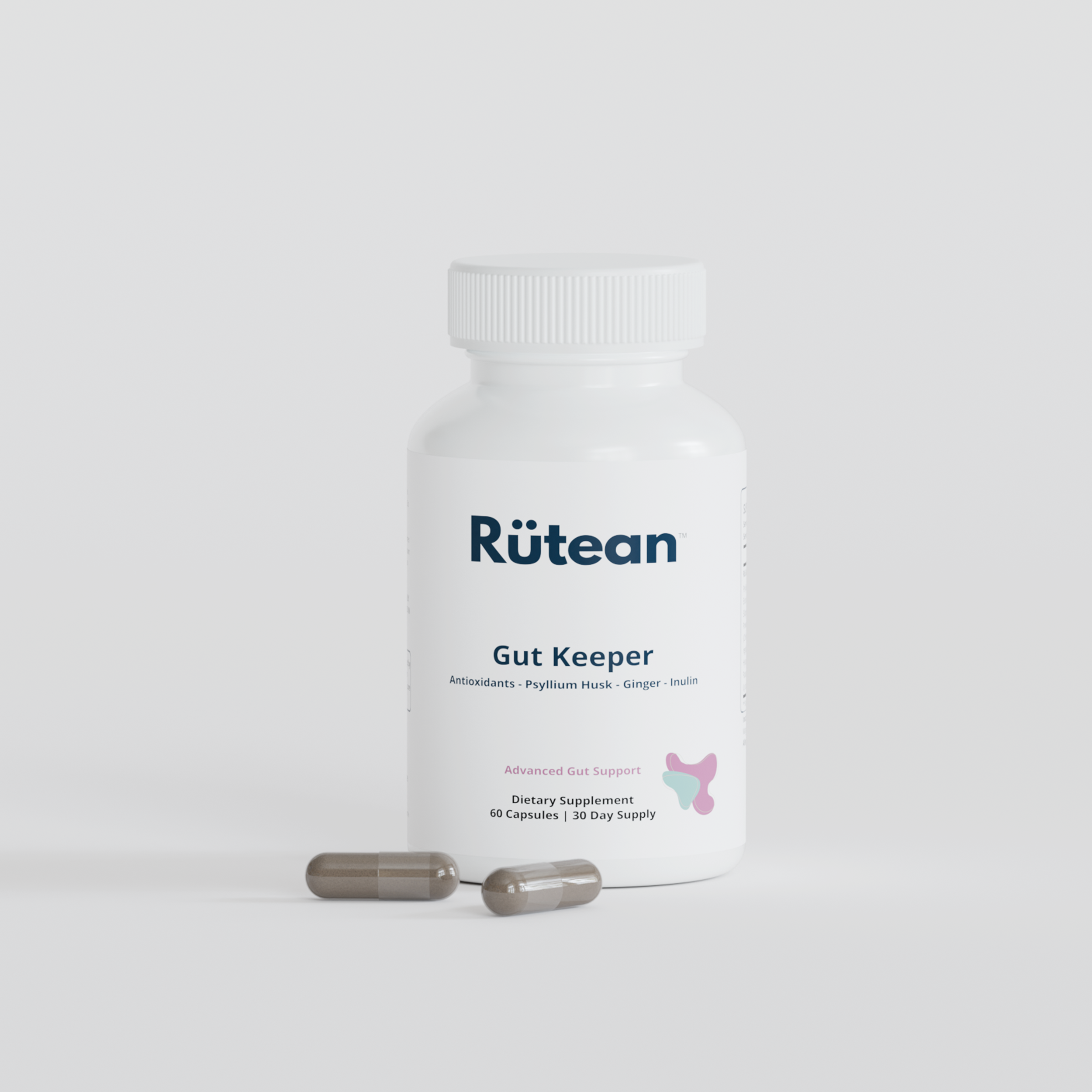In recent years, the world of wellness has been captivated by a deep purple fruit native to the rainforests of South America: the acai berry. While many health enthusiasts laud its benefits in smoothie bowls and juices, the science behind acai berry and its connection to gut health is truly fascinating. Here, we dive deep into the antioxidant-rich properties of the acai berry and how it promotes a healthy gut environment.
Historical Background of Acai Berry
Acai (pronounced ah-sigh-EE) berries hail from the acai palm tree. Indigenous communities in the Amazon region have been consuming these berries for centuries, valuing them not only as a food source but also for their medicinal properties[1].
Acai Berry's Nutritional Profile
The acai berry's popularity in modern health circuits isn't unfounded. Packed with anthocyanins, flavonoids, and other antioxidants, the berry stands out for its potential ability to combat oxidative stress[2]*. Additionally, it contains fiber, healthy fats, and a host of essential minerals, making it a true nutritional powerhouse.
Oxidative Stress, Gut Health, and Acai Berries
Oxidative stress in the gut is a result of an imbalance between free radicals and antioxidants. An accumulation of free radicals can damage cells and is associated with various chronic conditions. One of the ways to promote a healthy gut is by increasing the intake of antioxidants, which neutralize these free radicals[3]*.
Acai berries have demonstrated potential in this area. Their rich anthocyanin content, a type of antioxidant, has been researched for its role in scavenging free radicals and supporting cellular health. By doing so, it aids in maintaining a balanced environment in the gut, vital for nutrient absorption and overall well-being[4]*.
Synergizing Acai with Other Gut-Enhancing Ingredients
While acai berries offer impressive benefits on their own, their efficacy is further enhanced when combined with other gut-supporting ingredients. For instance, fibers like Psyllium Powder and Inulin nourish the beneficial gut bacteria, and when complemented by acai berry's antioxidant properties, the synergy can optimize gut health[5]*.
Incorporating Acai Berry in Your Diet
Beyond the trendy acai bowls and supplements, one can find acai berry in various forms like freeze-dried powder, juice, and even as a whole fruit in some specialty stores. Including it in your diet, in tandem with a balanced meal and other gut-friendly foods, can provide a comprehensive approach to digestive health.
Conclusion
The humble acai berry, with its vibrant color and robust nutritional profile, has much to offer when it comes to promoting gut health. As science continues to unravel its benefits, it's clear that this rainforest gem has a significant role in shaping our wellness journey.
References
1- Nascimento et al., 2015. Anthocyanins, pigment stability and antioxidant activity in acai (Euterpe oleracea Mart.). Food Chemistry.
2- Poulose et al., 2017. Anthocyanin-rich acai (Euterpe oleracea Mart.) fruit pulp fractions contribute to the mitigation of hydrogen peroxide-induced oxidative damage in HT-29 cells during colon carcinogenesis. Food Chemistry.
3- Kelly, 2018. Gut Microbiota, Inflammation, and Probiotics on Neural Development in Autism Spectrum Disorder. Neuroscience.
4- Schauss et al., 2006. Antioxidant Capacity and Other Bioactivities of the Freeze-Dried Amazonian Palm Berry, Euterpe oleraceae Mart. (Acai). Journal of Agricultural and Food Chemistry.
5- Cani et al., 2007. Metabolic Endotoxemia Initiates Obesity and Insulin Resistance. Diabetes.



